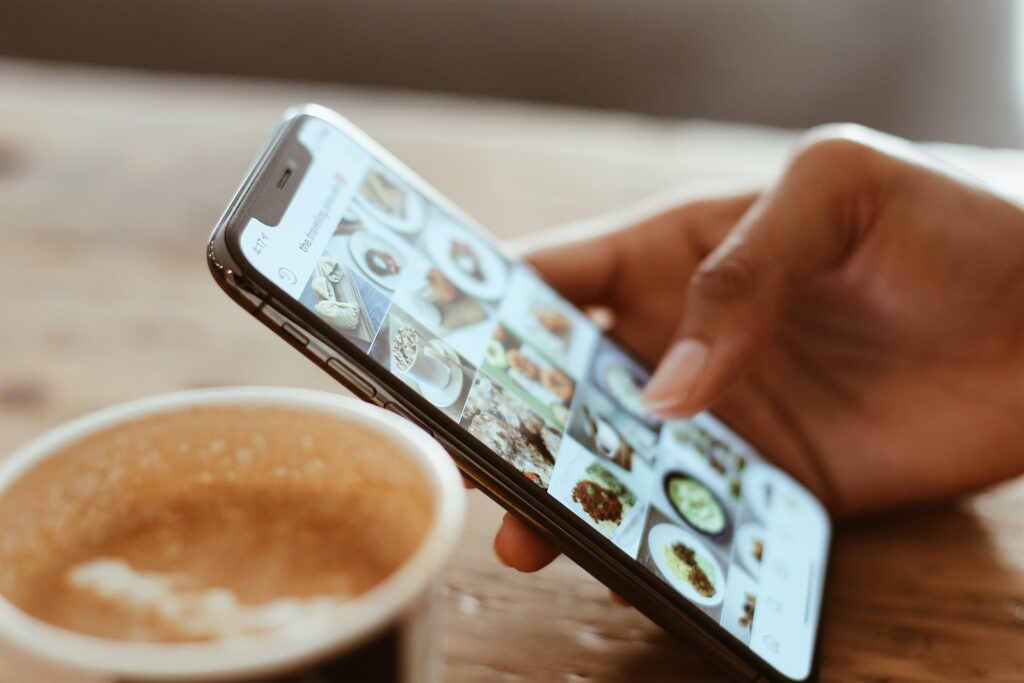Have you ever been searching for something online and, a few clicks later, you look up and wonder how you even landed on this page? It’s so easy to get sucked into the mindless scroll and lose track of your focus. Not only does this interfere with your productivity, but it can really impact your mood.
In addition to mindless scrolling, the comparison trap is also so easy to fall victim to!
Why does my neighbor have a bigger house than me?
I’d be so much happier if I looked like that!
She’s so lucky – I wish my life was that flawless!
People have been comparing themselves to others on social media for as long as social media has been around. Yet, social platforms themselves are not what cause the self-deprecating thoughts that follow when we compare ourselves to others. Whether it’s Facebook, Instagram, or even LinkedIn, these social sites only make our unhealthy comparison habits more accessible.
These days it’s almost as if these social sites should come with a disclaimer: the content shared on your feed represents the user’s perspectives and does not necessarily intend to alter the views you have of yourself.
When we choose to participate in social media, we must do so with the understanding that what we see doesn’t change who we are. We must remember that the way we see things has a greater impact on our mental health than what we see. But it’s up to us to realize that impact, know our triggers, and steer clear of them.
With a little more mindfulness, purpose, and intention behind our social scrolling, we can support others without bashing ourselves. Here is how to stop comparing yourself to others on social media:
Curate your feed
Our minds have more influence on us than any influencer we come across on Instagram. And while we cannot control everything we see, we can do our best to avoid what triggers us.
For instance, some people may share messages that don’t resonate with you or bring value to your life.
There may be some people who make you feel inferior based on what they share. And while deep down you know you aren’t getting the whole story, it’s easy for you to start creating false stories in your head anyway. If you are someone who struggles to remember that their success is not your failure, you might just need to unfollow them.
Most people do not share content to make you feel bad about yourself, but it’s okay to admit if they do anyway.
Do a social media detox
Sometimes the best way to gain insight on how something makes you feel is to see how you feel without it. Set aside the social media for a few days or even weeks and notice what shifts. Has your mood improved? What about your levels of confidence?
When you spend a period away from comparisons and self-criticism, you get a sense of how good life can feel without it. A social media detox may encourage you to spend more time away in general. If nothing else, it can give you perspective, inspiring you to be more aware of your thoughts when you return.
Remember why you started
If you catch yourself falling into the comparison trap, remember that it’s called social media for a reason. Are you there to share, engage, inspire, or uplift others? Or has it all turned to mindless scrolling? (Only, not so mindless that what you see still gets the best of you).
It is up to us to control the content we see, as well as how we engage with it. If your intention with social media is to connect with others, but it only leaves you feeling isolated, ask yourself, why? Remember what these platforms are for and contribute to your social community rather than compare.

